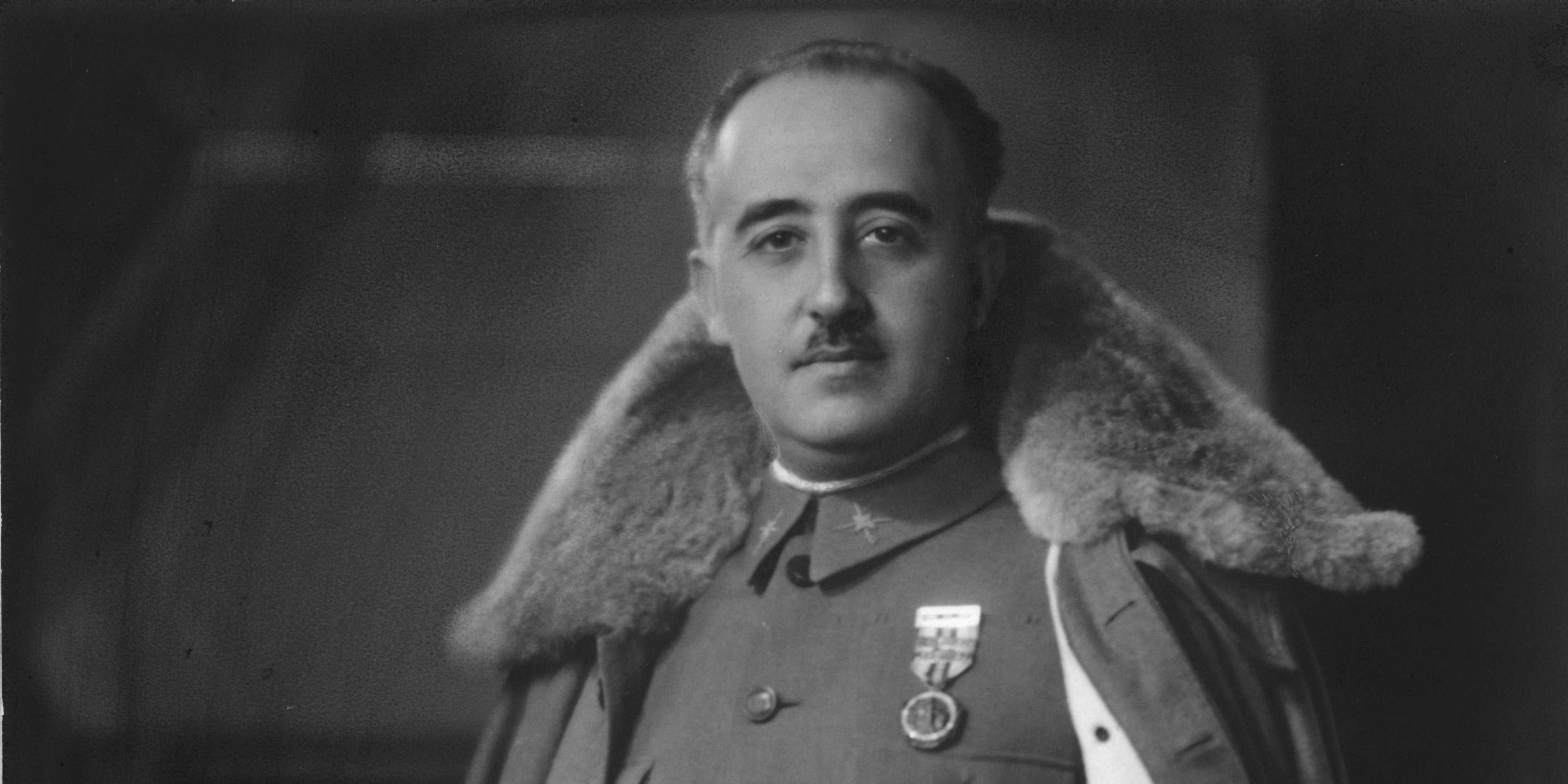James Diddams of Providence recently wrote an interesting short column for First Things on the political coalitions that orthodox Christians might seek out in the post-Trump world.
Login to read more
Sign in or create a free account to access Subscriber-only content.
Topics:
